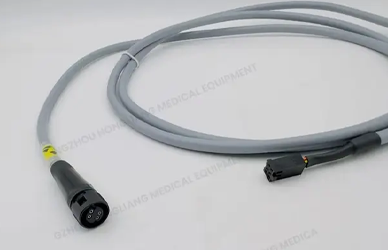How Does A Flow Sensor Work?How Does A Flow Sensor Work?
In modern medical environments, flow sensors play a vital role in ensuring accurate and reliable respiratory support. These small but powerful components are integrated into critical devices such as ventilators, anesthesia machines, and gas delivery systems, where they continuously monitor and regulate airflow to and from the patient.

Top 5 Applications of Flow Sensors in Medical Fields
Flow sensors have become a cornerstone technology in modern medical equipment, particularly for devices that monitor and assist patient respiration. By accurately measuring the flow rate, volume, and pressure of gases—most commonly oxygen and air—flow sensors enable clinicians to monitor, control, and optimize breathing therapies.

What Are The Symptoms of A Bad Flow Sensor?
In the medical field, the accuracy and reliability of equipment directly affect patient safety and treatment outcomes. Flow sensors, essential components in respiratory devices such as ventilators, anesthesia machines, and pulmonary function testing equipment, play a critical role in monitoring and controlling airflow.













